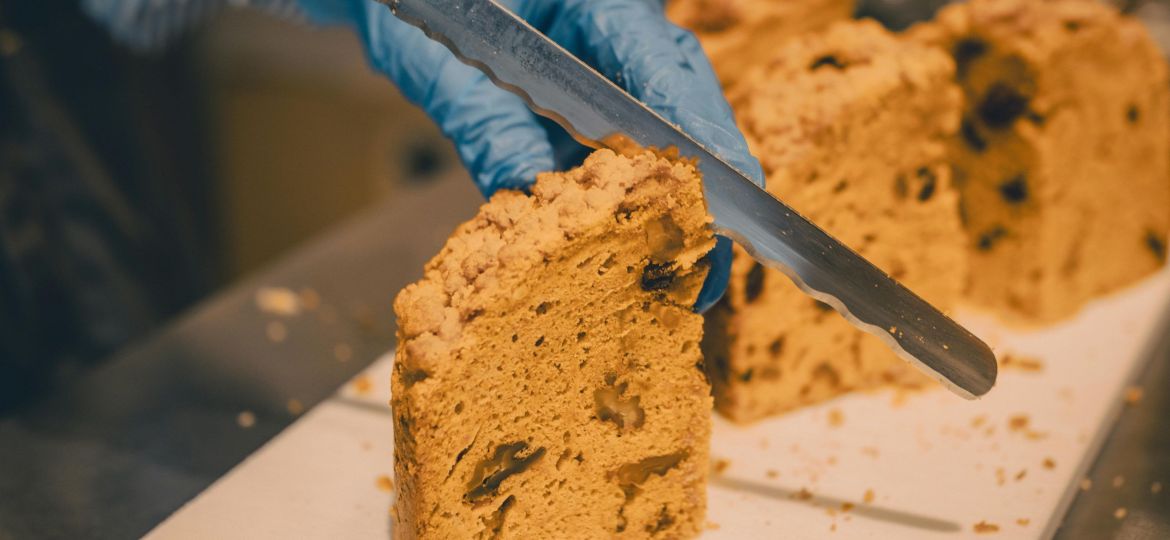
But maybe I’m the one behind the curve. Cutting out wheat or gluten is often dismissed as a passing fad, but gluten—found in wheat, not rice—has been shown to possess some unique and potentially troubling properties. Several recent studies have examined the links between body fat, inflammation, insulin resistance, and brain health. A 2012 study from Brazil found that adding just 4.5% wheat gluten to the diet increased body fat, inflammation, and insulin resistance.
In a groundbreaking study from New Zealand, researchers observed that wheat gluten could also cause brain inflammation in mice. The University of Otago team found that gluten—added to both low-fat and high-fat diets—triggered inflammation in the hypothalamic region of the brain, which governs metabolism. According to lead author Associate Professor Dr Alexander Tups, this inflammation was marked by “a significant increase in the number of microglia and astrocytes in the arcuate nucleus (ARC) of the hypothalamus”—specialised brain cells that function much like immune cells in the bloodstream.
Understanding Microglia and Astrocytes: The Brain’s Protective Team
Think of microglia and astrocytes as your brain’s resident maintenance and defence crew:
Microglia: The Brain’s First Responders
Microglia are like your brain’s security guards—constantly patrolling for threats. When they detect something harmful (such as gluten-triggered inflammation), they leap into action. They morph, move to the affected area, and release substances to either repair damage or, in some cases, intensify the inflammation.
Astrocytes: The Supportive Stars
Astrocytes—named for their star-like shape—are the brain’s multitaskers. They deliver essential nutrients to neurons, maintain chemical balance, and assist with cell-to-cell communication. But in response to inflammation, they too can shift into a defensive role, helping to contain or occasionally worsen the damage.
When these cells become overactive—as they did in the gluten study—it signals that the brain is undergoing inflammation, which can impair normal function in crucial brain regions.
Coeliac Disease and Gluten-Free Living
Coeliac disease affects roughly 1% of the global population and is an autoimmune disorder triggered by gluten. Fascinatingly, evidence suggests gluten sensitivity has existed for centuries. Historical texts and archaeological records point to conditions resembling coeliac disease well before modern diagnostics.
For those with coeliac disease, a strict gluten-free diet isn’t a lifestyle choice—it’s medical necessity. Even minute amounts can trigger immune responses that damage the small intestine, leading to malnutrition, digestive issues, and even neurological symptoms. Fortunately, gluten-free alternatives and clearer food labelling have made it more manageable than ever.
Researchers now believe gluten might also provoke inflammation in the brain—mirroring the immune reaction seen in coeliac disease. This is notable, as past research primarily focused on gluten’s effects within the gut. The new findings, published in the Journal of Neuroendocrinology, suggest gluten could play a broader systemic role, potentially impacting brain function through neuroinflammation.
The Otago researchers directly linked this nerve cell inflammation to the development of metabolic diseases. Their hypothesis? That gluten-induced hypothalamic inflammation could lead to brain damage, weight gain, and impaired blood glucose control—disruptions that might eventually impair memory and cognition. These findings support a growing body of evidence connecting inflammation to a wider range of chronic conditions.
Reconsidering Gluten in Modern Diets
While eliminating gluten is non-negotiable for coeliacs, this emerging research indicates that Western diets may be disproportionately high in gluten, even for those without diagnosed sensitivities. Wheat-based foods and processed products containing added gluten are far more common today than in the past—evolving faster than our bodies can adapt.
Perhaps we’d all benefit from moderating our gluten intake. A few simple swaps—banana bread with almond flour instead of a traditional Victoria sponge—can reduce gluten while keeping the joy in baking. Ketogenic baking, with ingredients like almond, coconut, or chickpea flour, naturally lowers gluten intake while offering added benefits like higher protein, healthy fats, and fewer carbs.
You don’t need to go entirely gluten-free, but if protecting your brain and metabolism is on your radar, then mindful gluten consumption might be a wise next step.

